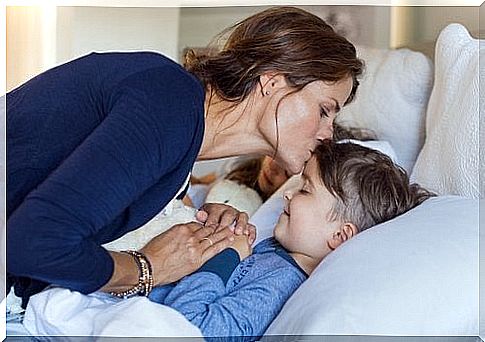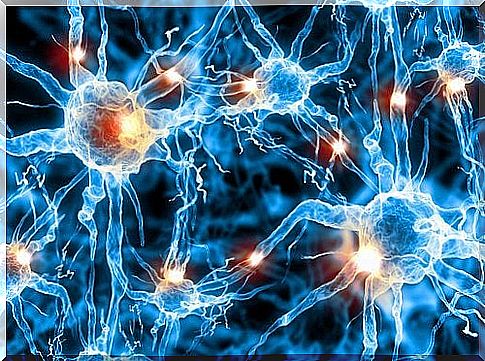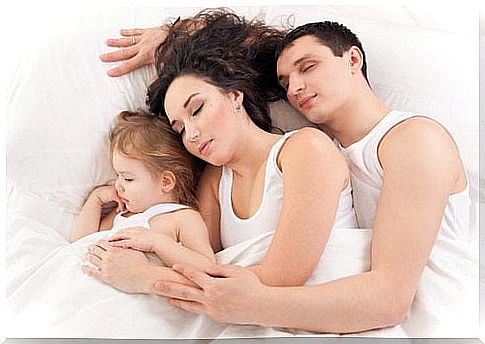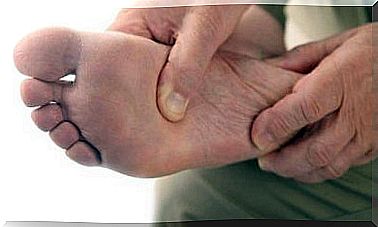Speaking In Your Sleep – What Are The Causes?

You have to keep in mind that the words you say in your sleep come from your subconscious.
They don’t have to make sense or have anything to do with your real life.
So, have you ever been told you’re talking in your sleep? Can you have conversations with other people while you sleep or even talk on the phone? In today’s article we present the main causes for which speech in sleep occurs.
Did I say something embarrassing?

When a person who has slept in the same room with us tells us, ” You speak in your sleep,” our first reaction is to say, “It’s not true!” The second reaction is probably, “Did I say something strange?”
As a result, you will want to know what you are talking about while sleeping. The good news is that science has identified a cause for sleeping.
This problem is not unusual. Sleeping is an unconscious action and, in most cases, consists of simple meaningless statements and words that do not last more than a few seconds.
But there are exceptions. Some people may talk continuously several times a night. This situation is not as rare as we suspect, especially among children and adolescents.
Sleeping can be caused by several factors. These include difficult days, the feeling of being overwhelmed and the repression of emotions. But when an adult talks in his sleep every night, we can say that he suffers from a sleep disorder.
When it is excessive, sleeping can cause prolonged exposure to stress and exhaustion (physical and mental). Other associated problems are bruxism and sleepwalking.
Sleep apnea – when sleeping becomes a syndrome

Somnilocvia, meaning sleeping in sleep, involves speaking loudly during sleep.
This problem is not dangerous and does not fall into the category of physiological or mental disorders. In addition, people who suffer from somnolence do not experience major inconveniences (except for the actual act of talking while sleeping). Basically, sleep speaking is a simple trait of some people.
Somnilocvia can be triggered both during the REM (Rapid Eye Movement) phase of sleep and during the non-REM phase. In the initial stages, neurons act the same as when we are not sleeping. Thus, now what is called “paradoxical sleep” takes place, and dreams are more intense.
On the other hand, there is a break during REM sleep. As a result, the mouth, throat and vocal cords (which have been inactive until now) “start” and work for a few seconds. So, what we say in our sleep is said out loud.
Regarding non-REM sleep, the cause of sleep talk is dreams. Because we are “half awake” at this stage, the specific mechanisms of wakefulness allow us to speak. But, unlike when we are truly awake, the words spoken at this stage can be completely meaningless.
What can I do to stop talking in my sleep?

If you share your bed or bedroom with another person, they have probably already tried to decipher what you are trying to communicate when you are talking in your sleep. But this is a lost cause. Why? Because you are not aware of what you are saying.
The content of the words spoken when we sleep is completely random. In addition, sleeping in sleep does not last more than a few seconds. It can be meaningless words, murmurs or things related to our experiences during the day (more or less recent).
It is important to understand that sleeping is unconscious behavior. Like dreams, speaking in sleep does not necessarily have anything to do with what we think and feel when we are awake.
The words spoken at this time are fragments of the experiences of yesterday, two weeks ago or even a year ago. Your brain can decide to bring them to the surface at any time! For this reason, those who speak in their sleep and those who hear them should not give too much importance to these words.
As already mentioned, sleep apnea is not a serious problem that requires special care. The only concern you may have is that you might say something embarrassing or compromising while you sleep.

If your partner tends to wake up at the slightest noise, talking in your sleep can become an inconvenience. But snoring or nightmares can cause the same problem.
If sleep deprivation starts suddenly after the age of 25 or you experience it several times a week, consult a specialist. The cause of the problem could be fear, various emotional disorders or a high level of stress.
Fights speech in sleep
Among the best treatments to combat sleep deprivation are:
- Hot showers
- Classical music
- Reading a book
To prevent sleep deprivation, avoid the following:
- Consumption of alcoholic or soft drinks
- Performing exercises after sunset
- Watching news or movies, especially horror ones (these factors speed up brain activity)
Source: https://lamenteesmaravillosa.com/por-que-hablamos-en-suenos/









